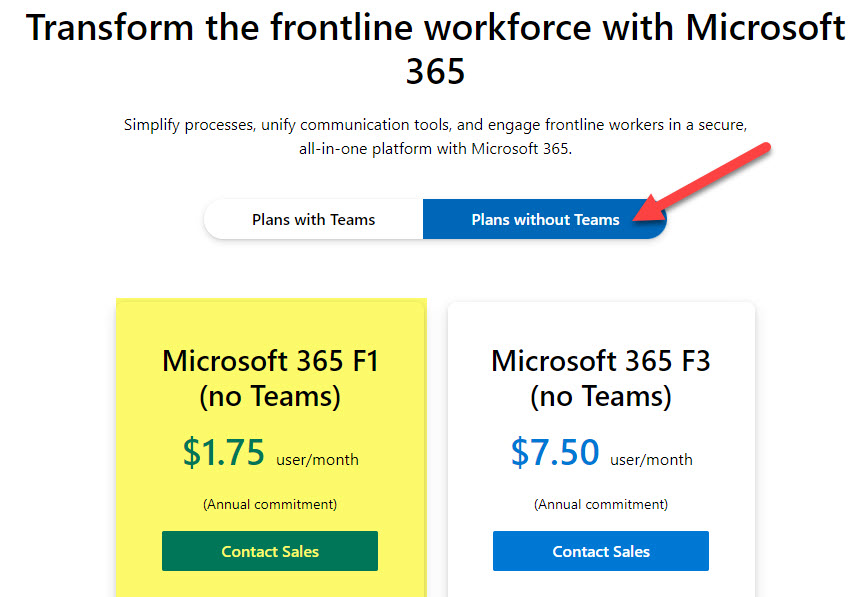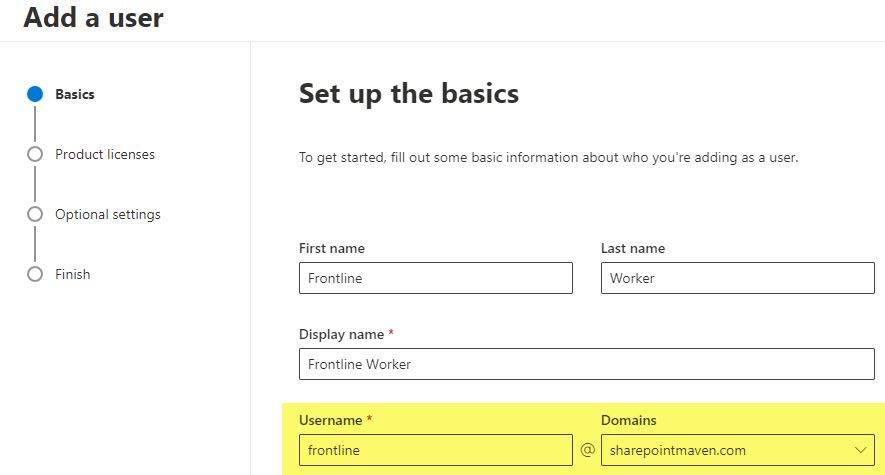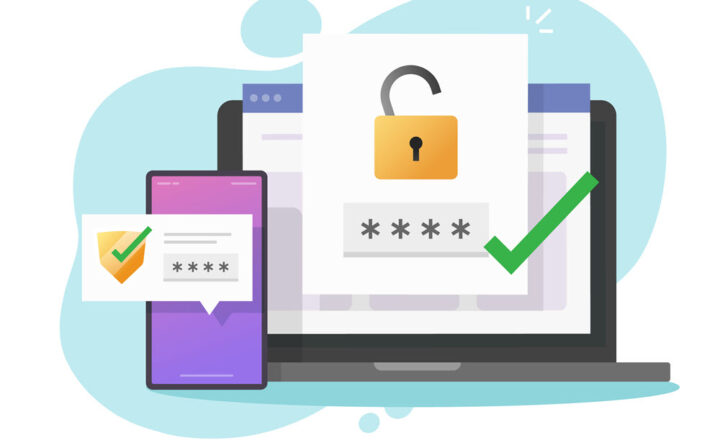How to make SharePoint available to non-office workers
If you have been following my blog for a while, you know that most of my posts rave about the functionality available within SharePoint and many of its wonderful collaboration features. These features are mostly relevant to users working in the office or home setting who need to collaborate on documents and other types of content throughout the day.
However, almost every organization has non-office workers who are part of the organization, but who typically do not sit in the office in front of a computer all day. These could be retail associates, factory/manufacturing workers, or service workers working “in the field”. The SharePoint needs of these workers are quite different than those from Office. For example, they might need to access some documents from SharePoint but not necessarily collaborate on them. Likewise, they might need to have access to the company’s SharePoint Intranet, just like their office counterparts, to read news & announcements, have access to HR information, Employee Handbook, etc.
Since SharePoint Sites cannot be shared anonymously, users have to authenticate with some user ID. Since non-office users typically do not need access to most bells and whistles within Microsoft 365, providing them with a full Microsoft 365 license is not practical. So, in this article, I decided to summarize all the available options when it comes to provisioning accounts for non-office workers.
Option 1: F1 Licenses/Accounts
The first option to consider is the availability of special F1 Licenses from Microsoft for non-office/frontline workers. The pricing is much cheaper than that of office workers, and it is only for a limited subset of features.

Option 2: Generic Microsoft 365 Account
Many times, non-office workers just need to access an Intranet site, read some news, access some links and perhaps some documents in a read-only mode. Since there is no collaboration happening, and access is strictly required for accessing/reading news on the Intranet – the second option employed by my clients is the creation of a Generic Microsoft 365 Account that is shared among multiple employees.
The idea here is that you create just 1 account with a generic User ID that is not tied to a particular employee/name. That account is then assigned read-only privileges to a given site or set of sites and shared with multiple employees. While sharing user ID and password is not recommended, since the account is set up as read-only, there is no harm or potential issue with inadvertent modification or sharing.

Option 3: Unlicensed Microsoft 365 Accounts
The third option is like Option 2 – but with that option, you create an account for each non-office employee, but do not assign a Microsoft 365 License to it. Since non-office employees just need to access the SharePoint site in a read-only mode and do not need access to OneDrive, Teams, and other apps, an unlicensed account does the job.
Anyone without a license can still access a site and read news, events, and documents.

Option 4: Treat as External Users
Finally, if you do not want to provision any Microsoft 365 accounts for your non-office workers, you can always treat them as external users (from a SharePoint point of view). This means that you will need to configure your Intranet and have it available for external sharing. Then, you will simply share the site(s) with their personal email addresses. I documented how that works here.




